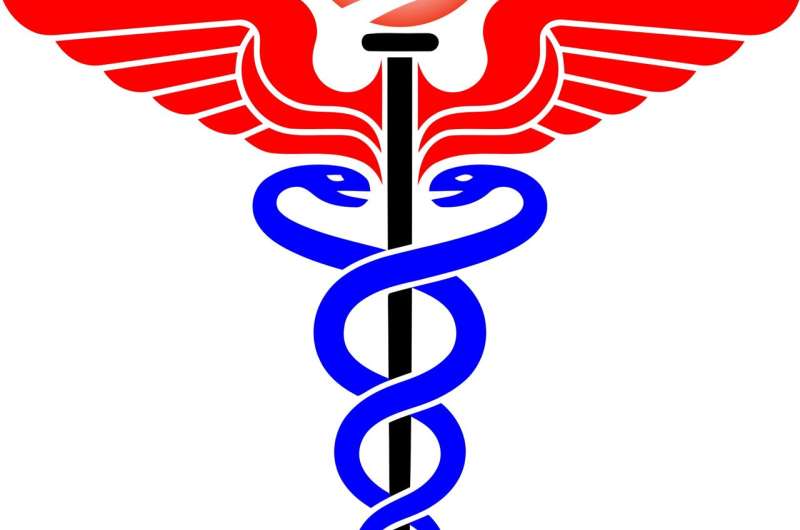Bridging the Gender Gap in Health: From Menstrual Issues to Heart Disease

Addressing the longstanding gender health gap is vital for a healthier society. From menstrual issues to heart disease, targeted efforts and sustainable funding are essential to improve women's health outcomes worldwide.
For many decades, women's health has received insufficient focus, leading to significant gaps in research, policy, and healthcare services. This neglect affects millions of women who experience avoidable pain, delayed diagnoses, inadequate treatments, and limited access to essential care. Beyond individual impacts, these health disparities ripple through families, workplaces, and the broader economy.
In recent years, strides have been taken. For example, the UK launched its first Women's Health Strategy in 2022, recognizing the systemic oversight of women's health needs. This initiative aimed to enhance support for menopause, invest in targeted research, and establish women's health hubs—multi-service centers offering gynecology, sexual health, contraception, and menopause care—thereby improving access, reducing inequalities, and fostering better coordination within the NHS.
However, momentum faces challenges. Recent NHS reforms and funding cuts threaten the sustainability of these hubs. The withdrawal of national funding incentives jeopardizes initiatives shown to be effective, such as integrated services that address menstrual health, menopause, and fertility support. Despite women constituting over half of the UK population and being historically underrepresented in clinical research, conditions like endometriosis, adenomyosis, and heavy menstrual bleeding remain poorly understood, frequently dismissed, and undertreated.
Moreover, gender-specific research gaps in areas like heart disease and dementia contribute to life-threatening diagnostic delays. Women's symptoms are often misunderstood or dismissed, leading to higher risks of adverse outcomes.
While innovation in women's health is booming—fueled by the femtech industry expected to reach over $117 billion globally by 2029—the equitable distribution of these advances remains a concern. Technologies such as AI diagnostic tools and wearable devices risk entrenching disparities if not designed inclusively. Biases in algorithms and limited diversity in training data can lead to missed diagnoses or ineffective treatments, especially for minority and underserved populations.
Therefore, integrating these innovations into accessible and well-funded health services is critical. Trust, cultural sensitivity, and relevance are essential for success. Long-term commitment, stable funding, cross-sector collaboration, and improved health literacy are key priorities. Empowering women with reliable information enables better healthcare decisions, ultimately fostering a healthier society.
As reforms continue, policymakers must recognize that women's health is foundational to societal well-being. Achieving meaningful progress requires embedding these initiatives into long-term planning, with clear, measurable goals to close the persistent gender health gap.
Source: [https://medicalxpress.com/news/2025-06-period-pain-heart-disease-gender.html]
Stay Updated with Mia's Feed
Get the latest health & wellness insights delivered straight to your inbox.
Related Articles
California's Abandonment of Community Health Worker Programs Worsens Health Disparities
California's rollbacks on community health worker programs threaten progress in reducing health disparities among vulnerable populations, highlighting the need for ongoing support and recognition of their vital role in healthcare.
Collaborative Approaches to Promoting Physical Activity in Secure Mental Health Units
A pioneering UK study explores how tailored physical activity programs in secure mental health units can improve physical and mental well-being, overcoming barriers in restrictive environments.
States Prepare for Potential Reversal of Obamacare Coverage Improvements Under New Federal Legislation
State governments and healthcare experts warn that recent federal legislation could reverse years of progress in health insurance coverage, increasing premiums and reducing access for millions of Americans under the ACA.



